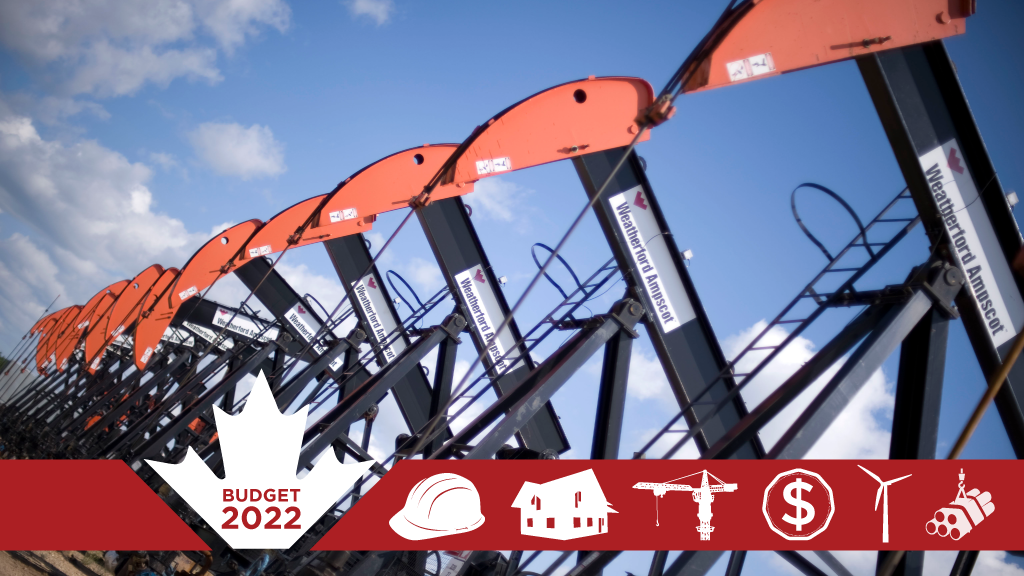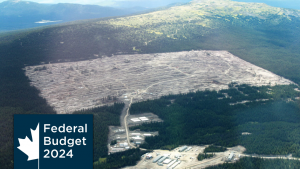Canada’s latest budget aims to boost spending in clean energy and begin phasing out fossil fuel subsidies. Officials stated these are steps that need to be taken in order to reach the nation’s goal of having a net-zero power system by 2035.
Ottawa plans to spend $250 million over four years to boost pre-development activities of clean electricity projects of national significance, such as inter-provincial electricity transmission projects and small modular reactors.
The budget noted the federal government is already advancing similar work on the Atlantic Loop and Prairie Link projects.
“Projects like the Atlantic Loop will be critical as we move towards a net-zero emissions electricity system, while also supporting economic development through investments in new infrastructure and the enhanced security and reliability of our clean energy supply,” reads the budget.
The budget also calls for $600 million to go towards the Smart Renewables and Electrification Pathways Program to support additional renewable electricity and grid modernization projects.
The Pan-Canadian Grid Council will be established using $2.4 million in funding. It will provide external advice in support of national and regional electricity planning.
The budget allocates $25 million to also establish Regional Strategic Initiatives to work with provinces, territories and relevant stakeholders to develop net-zero energy plans.
Small modular reactors got even more attention in the budget with officials stating they offer a “promising pathway to support Canada’s low-carbon energy transition” as they are less complex, easier to operate and are more cost effective than current nuclear technology.
According to federal officials, a 300-megawatt small modular reactor could supply enough clean power for an estimated 300,000 homes. They believe these reactors could support the decarbonization of provincial electricity grids in places like New Brunswick and Saskatchewan, and help remote communities move away from diesel power.
Nearly $70 million will go towards supporting research to minimize waste generated from these reactors, help support their fuel supply chains, reinforce international nuclear co-operation agreements and enhance domestic safety and security policies and practices.
More than $50 million will go towards helping the Canadian Nuclear Safety Commission build the capacity to regulate small modular reactors and work with international partners on global regulatory harmonization.
In the oil, gas and coal sectors, the budget noted the federal government’s resolve to phase out or rationalize “inefficient fossil fuel subsidies.”
It proposes nixing the flow-through share regime for fossil fuel sector activities. Officials explained this will be accomplished by no longer allowing expenditures related to oil, gas and coal exploration and development to be renounced to flow-through share investors for flow-through share agreements entered into after March 31, 2023.
They expect this measure to increase federal revenues by $9 million over five years.
Follow the author on Twitter @RussellReports.











Recent Comments
comments for this post are closed